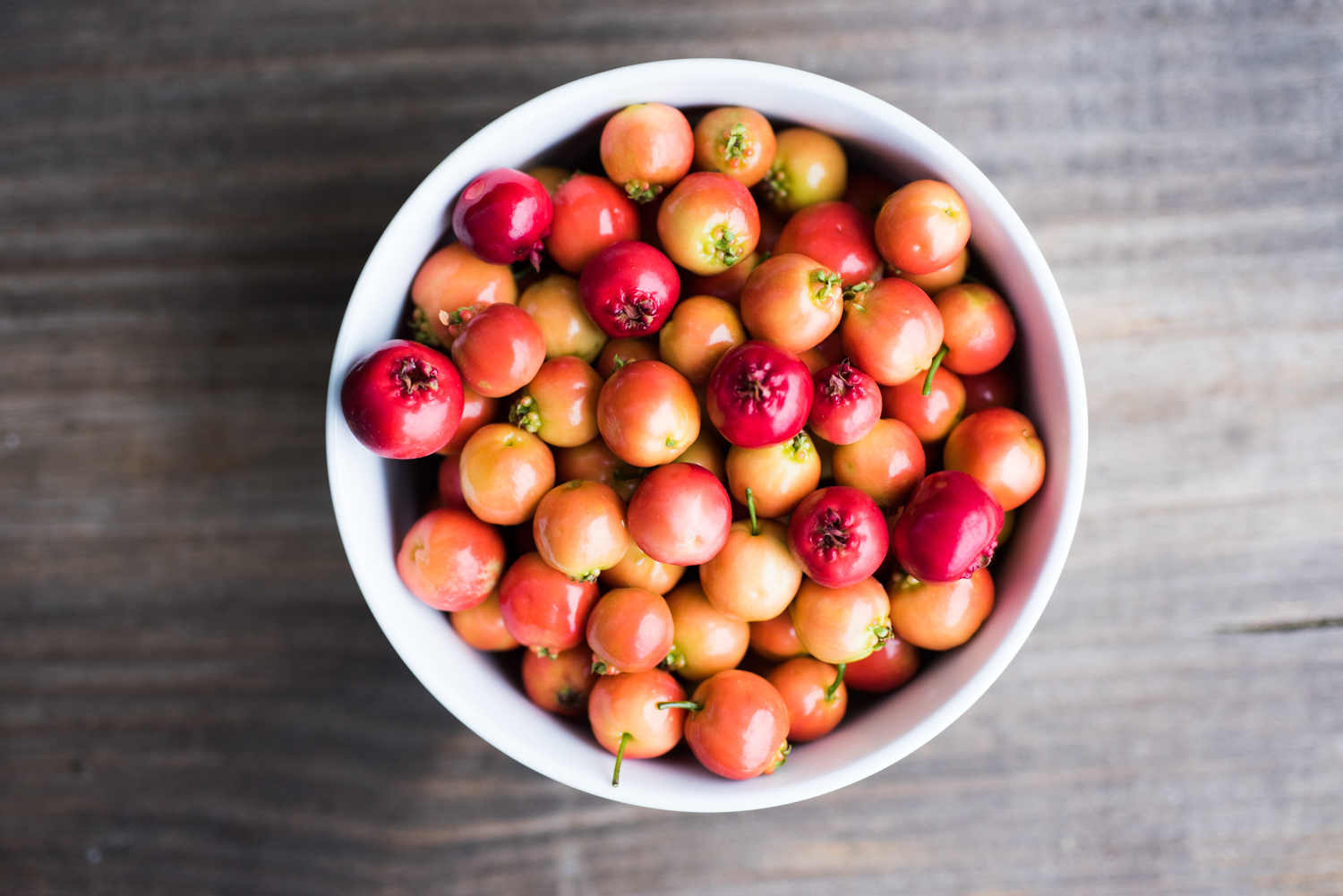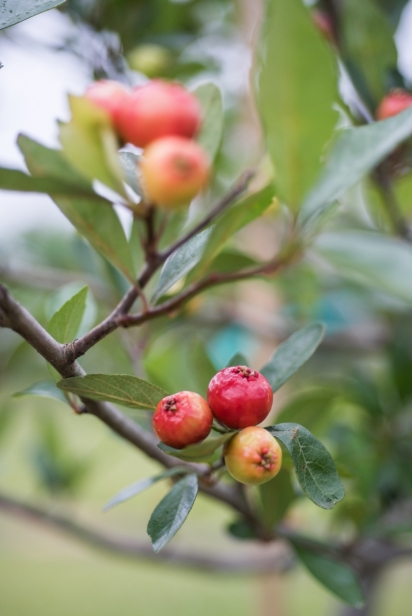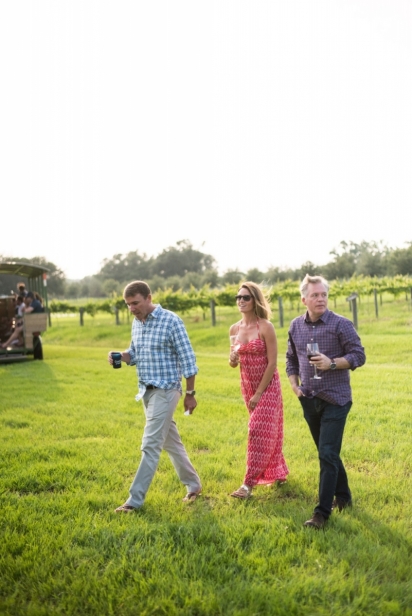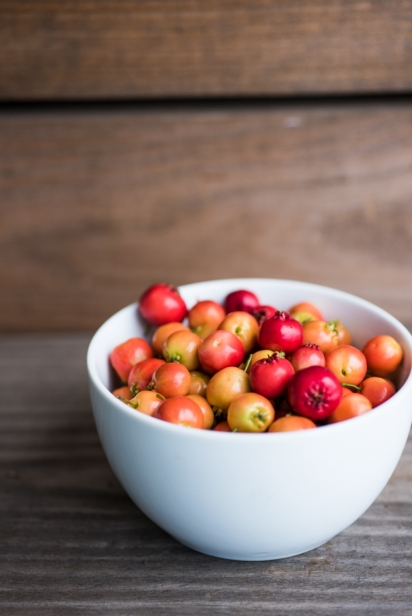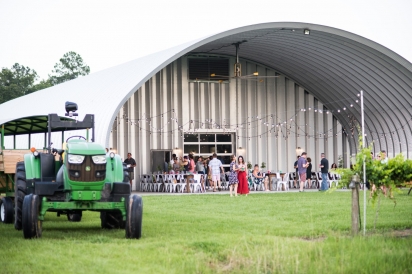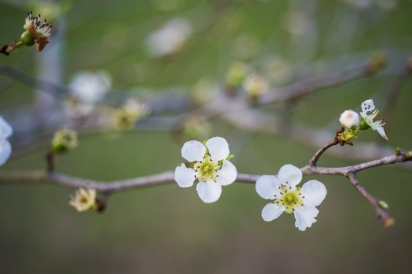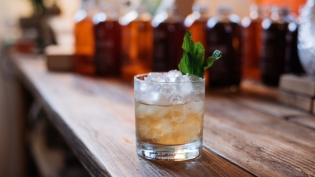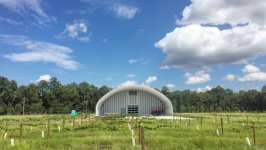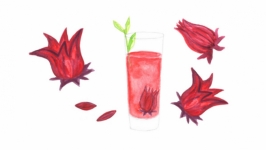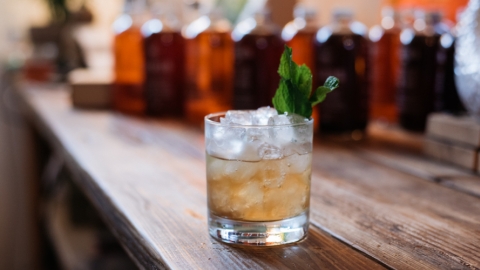Mayhaw Cider
Ask any Southerner with deep roots in the region if they've ever heard of mayhaws – and there's a good chance you'll get a story. Aunt Mable's mayhaw jelly on warm biscuits. Memories of a mayhaw orchard in bloom. Grandpa's homemade mayhaw hooch. In the shadows of our region's great food traditions lingers a faint recollection of this tart and tangy fruit just waiting to be discovered again, and one local farmer has taken note. Scott Meyer and his team at Congaree and Penn Farm are cultivating a mayhaw revival.
Known mostly as the farm that grows rice, Congaree and Penn has been quietly working to bring mayhaws into production for more than a year. Though native mayhaw species were known for their ability to grow in swamps throughout our region, mayhaws have also proven themselves to be a promising orchard crop, producing small, round fruit (roughly the size of cranberries) ready for harvest in late-April, early May (hence the name, mayhaw). When eaten straight from a tree, the fruit is puckering. But when crafted into homemade jams, jellies, syrups or wine, mayhaws are downright delicious.
In Spring of 2016, Congaree and Penn grafted high-yield Louisiana mayhaw scions onto Florida root stock, successfully creating the cultivar they currently have growing just north of Jacksonville. They are also on their way to having the largest commercial grove in the region. The goal? To produce Northeast Florida's first (and only) Mayhaw Cider.
While cider from the farm's cidery won't officially be ready for a while, keep your ears open for mention of mayhaw soda and your eyes peeled for hand-crafted mayhaw products at farmers’ markets. We predict this snappy, native fruit will soon be winning the hearts of Northeast Floridians once again, claiming its rightful place amidst local legends.
For more information on Congaree and Penn, visit their website at www.congareeandpenn.com


